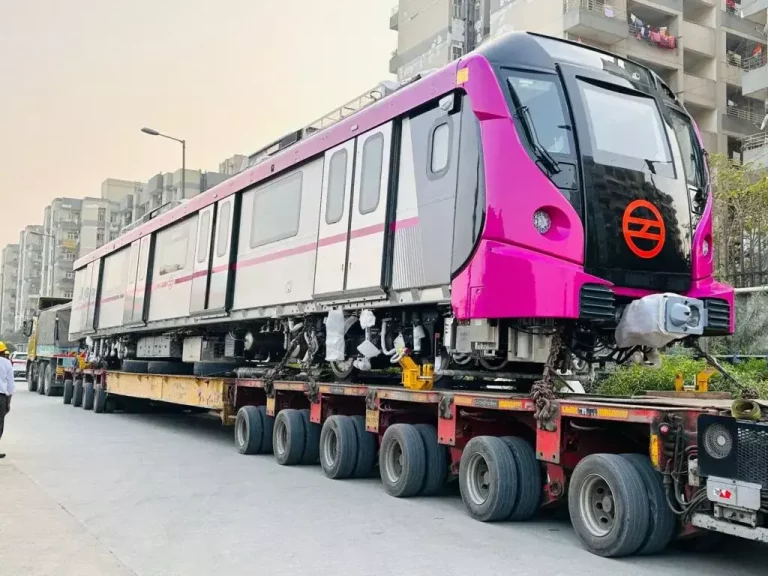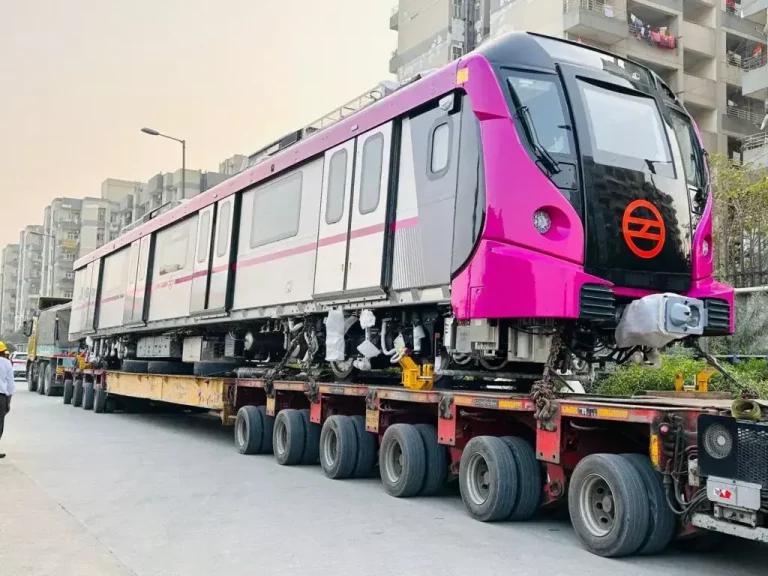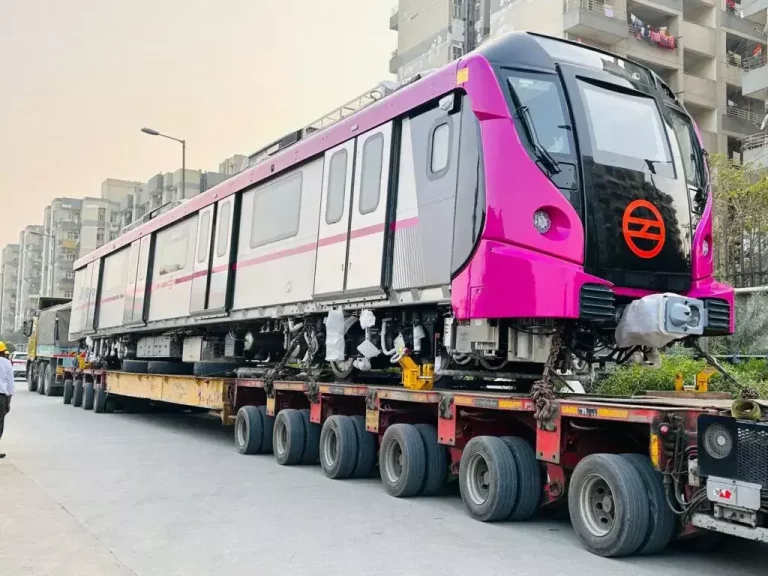
How Nuclear Facilities’ Tech is Helping Maintain Hygiene at Maha Kumbh
The Maha Kumbh, one of the largest and most sacred Hindu pilgrimages, is a time of great spiritual significance for millions of devotees from across the world. However, it also poses significant challenges in terms of maintaining hygiene and public health. To address this issue, the Union Ministry of Water Resources, River Development and Ganga Rejuvenation has deployed a sewage treatment system developed by the Bhabha Atomic Research Center (BARC) and the Indira Gandhi Center for Atomic Research (IGCAR) at the mela site.
This innovative technology uses bacteria-laden granules, also known as bio-beads, to treat wastewater, making it safe for re-use and disposal. The system has been deployed in 14 plants, comprising 11 permanent and 3 temporary ones, to ensure that the sacred Ghats and surrounding areas remain clean and hygienic during the Kumbh Mela.
In an exclusive interview with NDTV, Union Minister of State for Water Resources, River Development and Ganga Rejuvenation, Arjun Ram Meghwal, explained the significance of this technology and how it is helping to maintain hygiene at the Maha Kumbh. “The Maha Kumbh is a massive event that attracts lakhs of devotees from across the world. It is our responsibility to ensure that they have a safe and hygienic experience. The bio-bead technology is a game-changer in this regard. It is an eco-friendly and cost-effective solution that can treat large volumes of wastewater efficiently,” he said.
So, how does this technology work? The bio-beads are specially designed to attract and trap pollutants and bacteria in wastewater, making it safe for re-use and disposal. The treated water can be used for various purposes, including irrigation, flushing toilets, and even drinking water supply. This technology has several advantages over traditional sewage treatment methods, including its ability to treat wastewater quickly and efficiently, with minimal energy consumption.
The use of bio-beads also reduces the risk of waterborne diseases, which are a major concern during large gatherings like the Maha Kumbh. “Waterborne diseases are a significant risk during such events. However, with the bio-bead technology, we can ensure that the water is safe for consumption and use. This will not only protect the health of the devotees but also prevent environmental pollution,” said Meghwal.
The deployment of the bio-bead technology at the Maha Kumbh is a significant milestone in India’s efforts to improve wastewater management and public health. The technology has the potential to be replicated in other urban areas and pilgrimage sites across the country, making it an important tool in the fight against pollution and disease.
In addition to the bio-bead technology, the Central Government has also deployed other measures to ensure the hygiene and cleanliness of the Maha Kumbh. These include the installation of temporary toilets, shower facilities, and waste management systems. The Government has also launched a massive awareness campaign to educate devotees about the importance of maintaining hygiene and cleanliness during the Mela.
The Maha Kumbh is a unique opportunity for India to showcase its capabilities in terms of wastewater management and public health. The deployment of the bio-bead technology is a testament to the country’s commitment to innovation and sustainability. As the world’s largest democracy, India has a responsibility to protect its citizens and the environment, and the Maha Kumbh is a significant step in this direction.
In conclusion, the bio-bead technology is a game-changer in terms of maintaining hygiene and public health at the Maha Kumbh. This eco-friendly and cost-effective solution has the potential to be replicated in other urban areas and pilgrimage sites across the country, making it an important tool in the fight against pollution and disease. As the Maha Kumbh comes to a close, it is clear that the Central Government’s efforts to deploy innovative technologies like the bio-bead technology have paid off, ensuring a safe and hygienic experience for millions of devotees.





